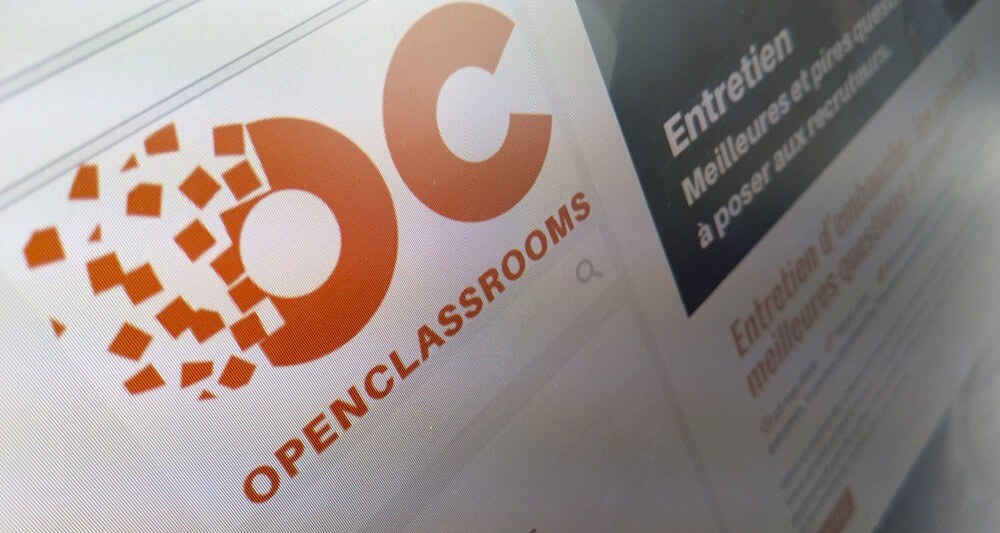Today, we want to address one of the most researched questions relating to diplomas web development:
Can you get a web developer job without a diploma?
What?! That’s the most asked question?! Yes. If you don’t believe us, just take a look at the Quora entries.
So, the big question is whether a web development diploma is necessary to successfully land a job in tech? Do you actually need some sort of certification to prove you’re a good developer?
In short, it is entirely possible to find a job in web development without a diploma. However, there is much to be said for having an accredited qualification. Web development is a very vast and technical subject so a good foundation of knowledge is essential and a program can help you get there.
Enrolling in a program may sound like a huge financial and time commitment, but thankfully there are flexible solutions out there to suit any situation. More on that later.
But Aren’t Diplomas In Web Development Hard To Find?
They were, but times are changing. More and more universities are offering web development diplomas and – bonus – it’s not just the obscure schools doing it. Well-known institutions like Harvard University, Salzburg University of Applied Science and the University of Calgary all offer programs in web development. And that’s just the tip of the iceberg – here is a more complete list of traditional establishments offering courses in web development.
If you’re open to something a little less traditional and more adapted to the digital world we live in, there is always the option to study online with accredited online learning institutions like OpenClassrooms. Online study often takes less time than a traditional university program, is less expensive because reduced overheads and, since you pace your own studies, can fit into any schedule.
Why Is A Diploma In Web Development Useful?
As progressive as we want to think our society is, when an employer looks at your CV, your education is still important in landing an interview. In most countries, a diploma is highly valued by employers because it is concrete proof that:
- You’ve been able to commit to achieving a goal
- You’re proficient enough in a field to be paid for it
Added to that, the school you choose can play a part in recruitment. Depending on where you study, the perceived value of your diploma can vary. Whether you agree or not, many recruiters will pay importance to reputation of the school you went to (yes, we’re looking at you, Harvard graduates!). We personally think the name of a university shouldn’t matter. What really matters is what you’re being taught and how you’re learning. Rather than focusing on the name, our advice would be to make sure you check out the modules, assessments and projects you’ll be asked to complete, so you know you’re going to be learning the useful stuff.
So I Just Need A Diploma?
“Everybody can say they can code… but can everybody show it?” or… The Importance Of A Portfolio.
While theory is important, what matters the most in the interview is proof you’re able to apply the theory. After all, jobs are not theoretical. Jobs are project-based.
You may have gotten (or plan to get) your diploma, but there is something else to set you apart from the crowd: a portfolio. A portfolio is a compilation of projects you’ve worked on, showcasing your tangible web development skills.
Building a portfolio might seem like a challenge, but there are many ways to bulk it out, even when you’re a beginner. Make sure your portfolio includes:
- websites you’ve designed
- blogs you’ve built
- apps you’ve created
- code you’ve written
- features you’ve designed
You might not have worked on these for a client, but if you’ve completed projects as part of your learning path, add them to your portfolio. It’s about showing employers a concrete example of what you’re capable of coding. Just look at Google‘s recruitment process as proof.
How The OpenClassrooms Solution Can Help You Get A Diploma AND A Portfolio
At OpenClassrooms, we’ve designed a host of internationally recognized bachelor-level programs, all of which are project-based.
What does that mean? In addition to access to educational content, you’ll also be asked to complete a series of projects using the theory you’ve learnt. To give you an idea, students will be asked to:
- build a game in JavaScript in our Front-End Web Development program
- build an Android app to track your daily mood in our Android Web Developer diploma
- write an online survey application in our Ruby Web Developer diploma
- implement an algorithm in Swift with our iOS Web Developer program
At the end of your studies, you’ll have a certified diploma and a handful of completed projects to include in your portfolio.
We like to think of it as the best of both worlds, bringing you certified recognition employers are seeking as well as the project based work to get your portfolio up off the ground so you can hit the job market running.








